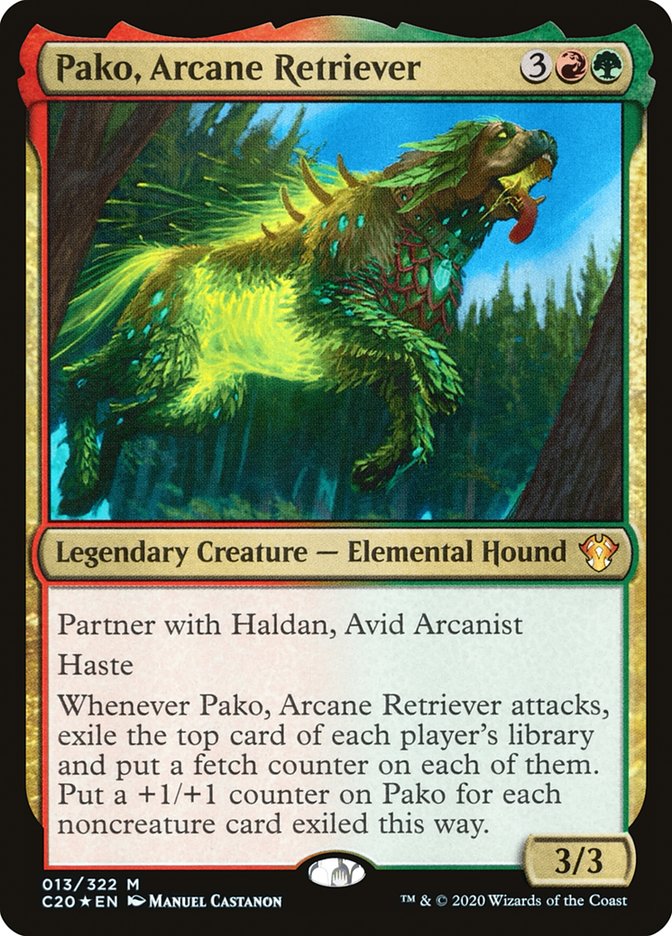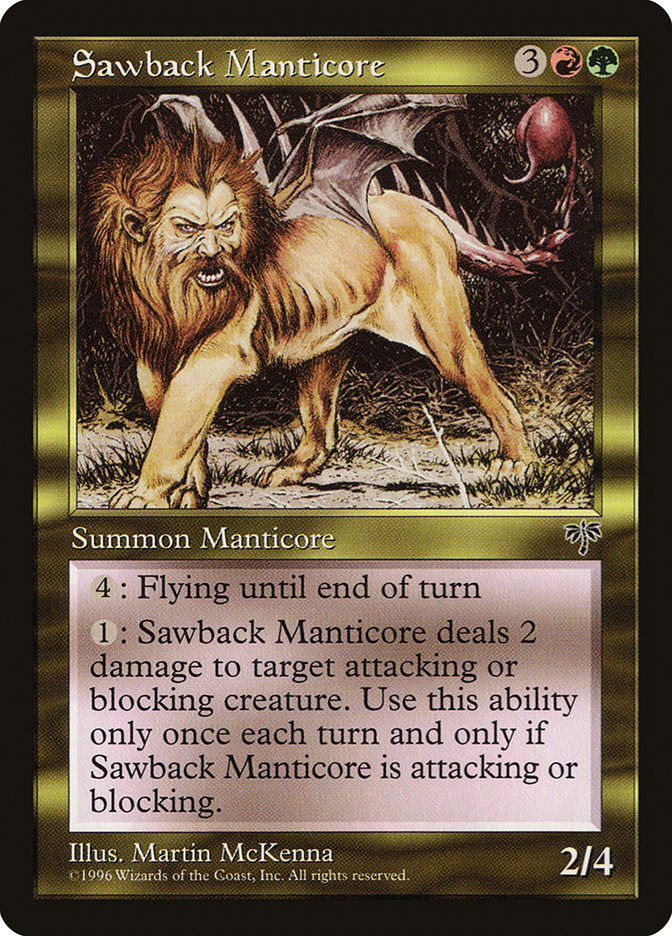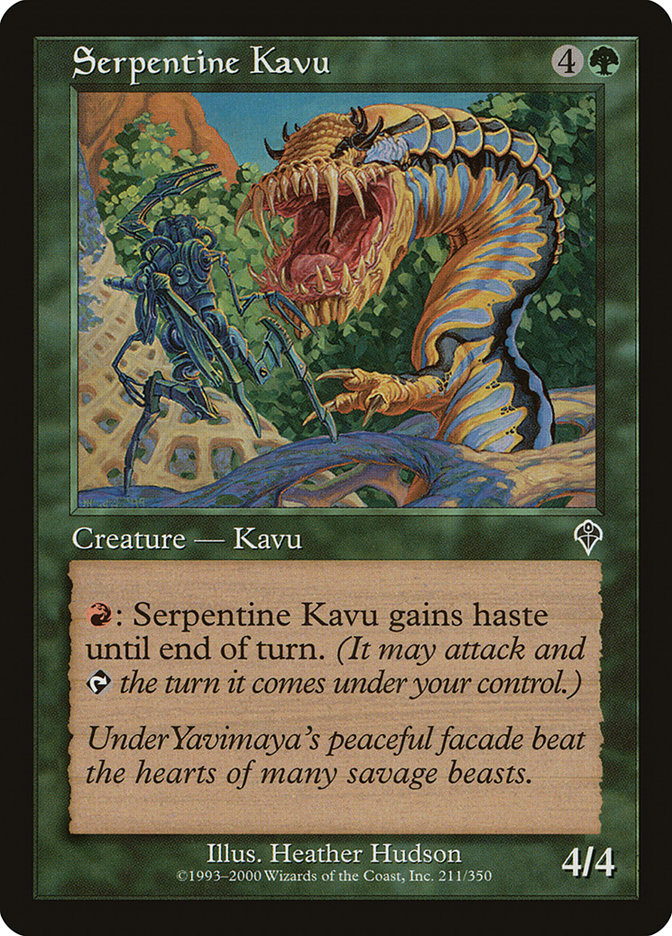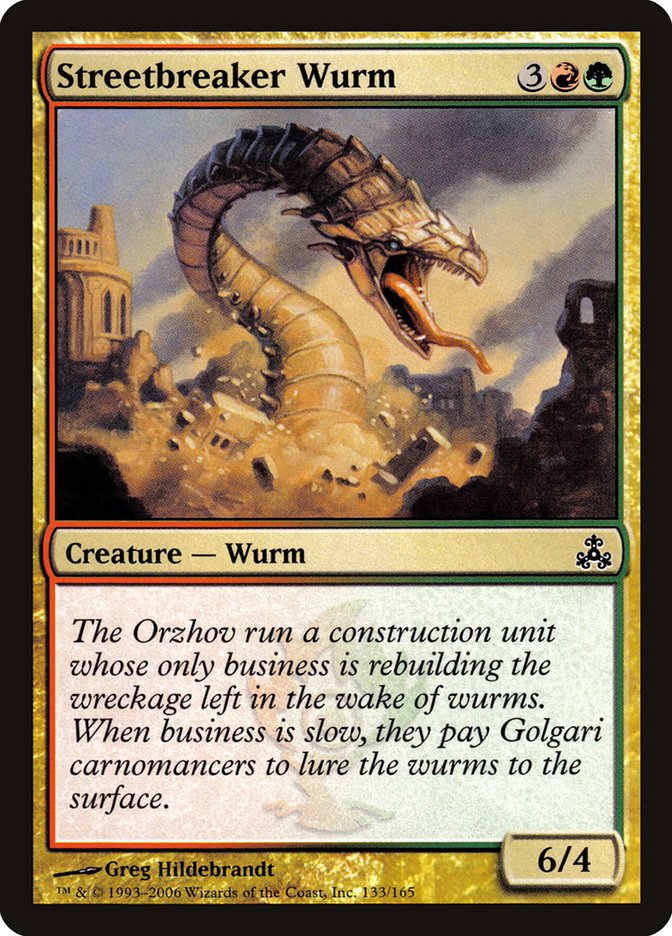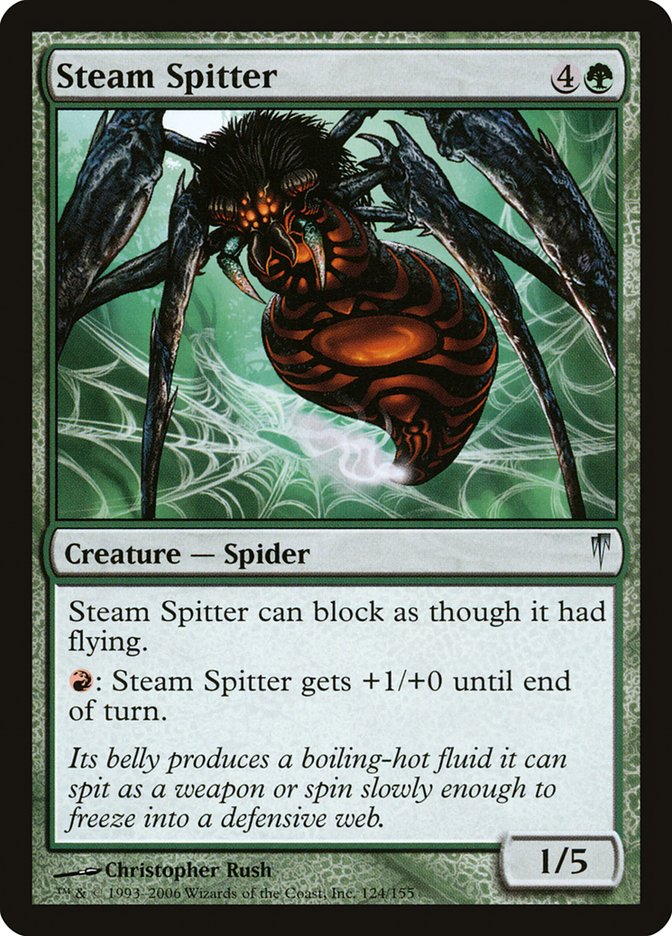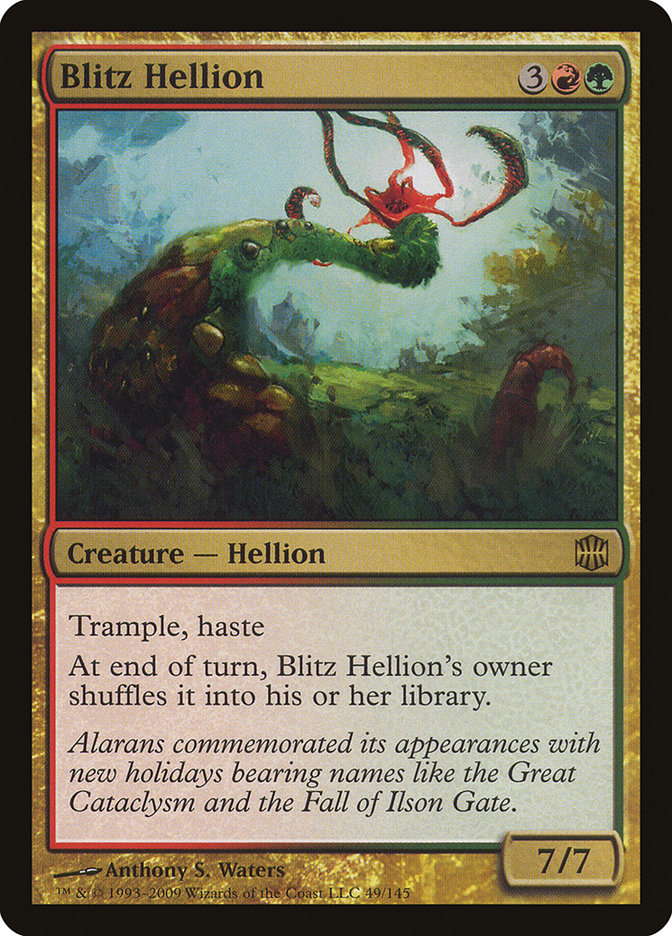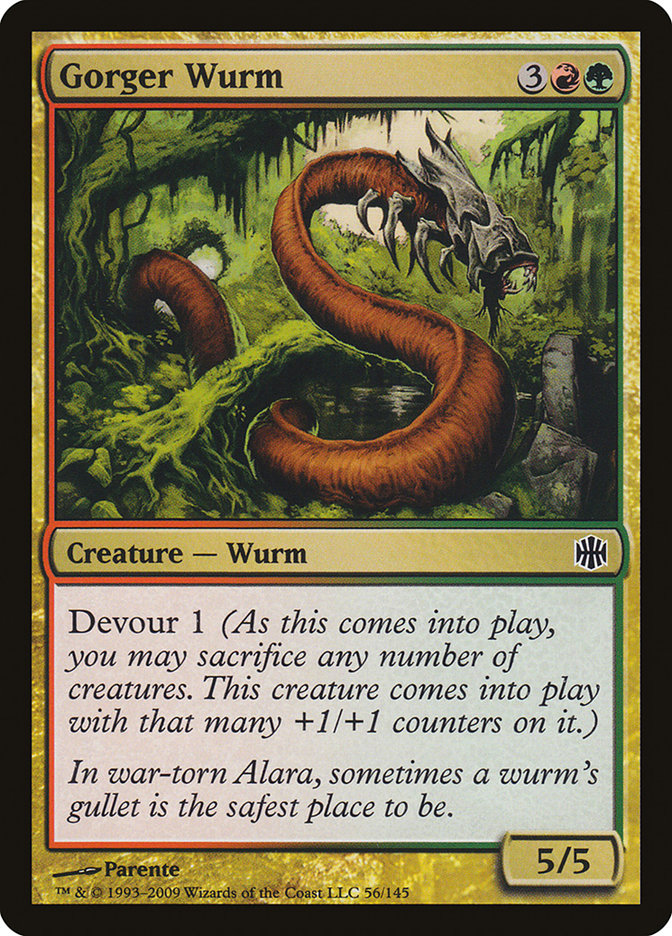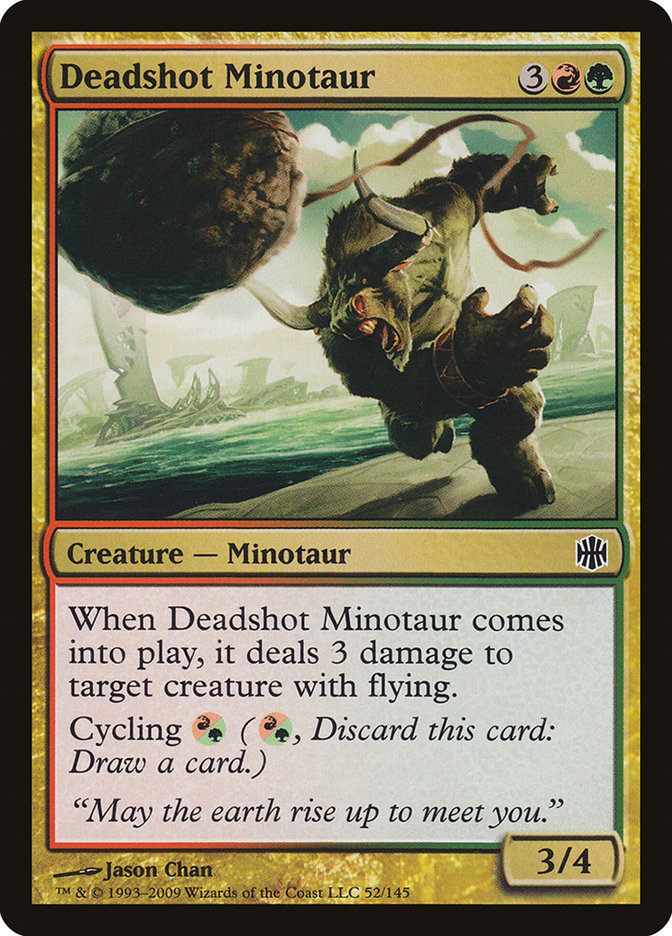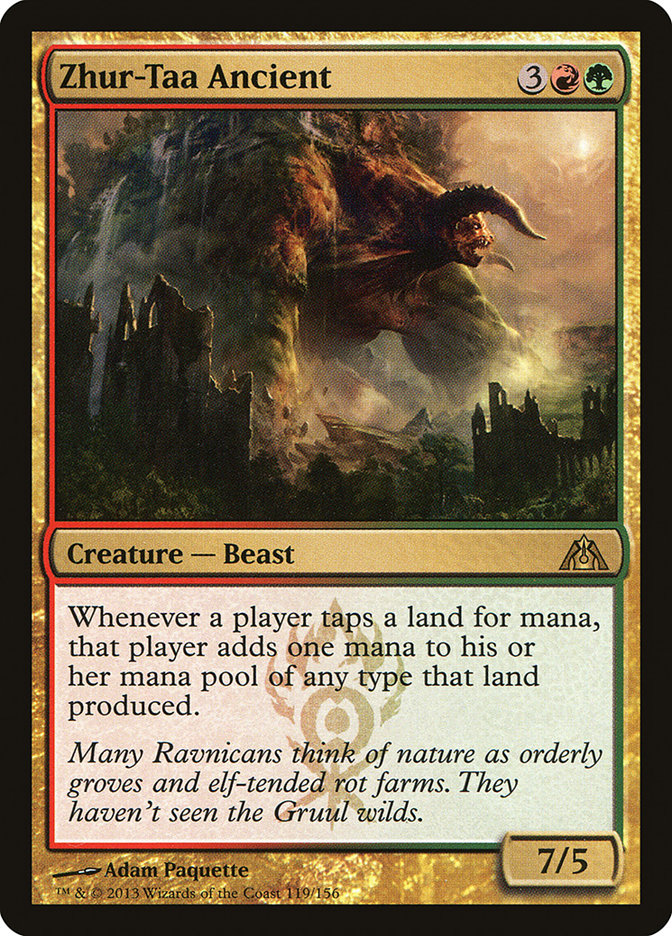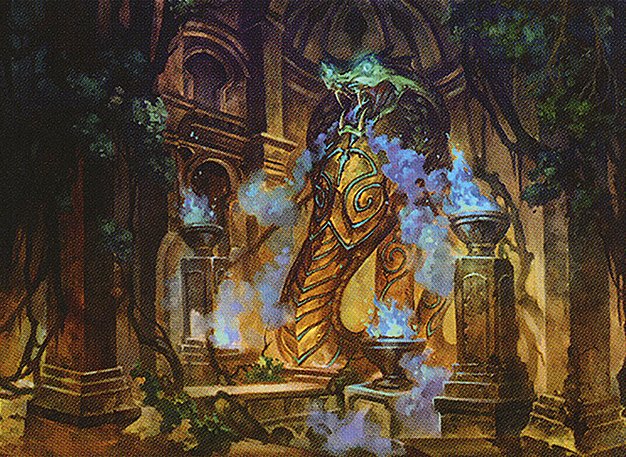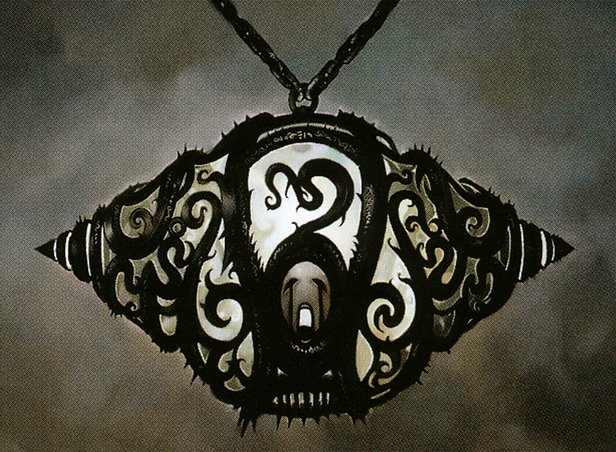Pako, Arcane Retriever MTG Card
| Mana cost | |
| Converted mana cost | 5 |
| Rarity | Mythic |
| Type | Legendary Creature — Elemental Dog |
| Abilities | Haste,Partner,Partner with |
| Released | 2020-04-17 |
| Set symbol | |
| Set name | Commander 2020 |
| Set code | C20 |
| Power | 3 |
| Toughness | 3 |
| Number | 13 |
| Frame | 2015 |
| Layout | Normal |
| Border | Black |
| Illustred by | Manuel Castañón |
Key Takeaways
- Pako helps build hand size by revealing and exiling top library cards during combat.
- Exiling cards can grant access to extra mana sources, speeding up spell casting.
- The flexibility to play exiled instants offers response capabilities for strategic advantage.
Text of card
Partner with Haldan, Avid Arcanist Haste Whenever Pako, Arcane Retriever attacks, exile the top card of each player's library and put a fetch counter on each of them. Put a +1/+1 counter on Pako for each noncreature card exiled this way.
Card Pros
Card Advantage: Pako, Arcane Retriever is designed to build card advantage with every attack. As you deal combat damage to a player, you not only reveal the top card of each player’s library and exile them, but you also get to play noncreature cards among them, ramping up your potential options and hand size significantly over the course of the game.
Resource Acceleration: Every card Pako exiles with its ability could potentially be a land, artifact, or spell with additional mana-producing qualities, effectively acting as a resource accelerator. This trait gives you access to additional mana sources that you can utilize to outpace your opponents and cast more impactful spells sooner.
Instant Speed: While Pako itself doesn’t operate at instant speed, the cards it exiles can potentially be instants, granting you the flexibility to respond to threats or create opportunities during your opponent’s turns. This can lead to unexpected swings in the game state and allow you to maintain a level of unpredictability and control.
Card Cons
Discard Requirement: Playing Pako, Arcane Retriever, requires strategic hand management. If you’re put in a position where discarding is detrimental, it can make casting Pako less appealing, constraining your in-game decisions.
Specific Mana Cost: Pako’s hybrid mana cost, while versatile, still demands both green and red mana. This can sometimes be a hurdle in multicolored decks that may not consistently produce the exact mana combination required for an early game presence.
Comparatively High Mana Cost: At five mana to summon Pako, its cost is significant. Though it has the potential for asset accumulation over time, some players may find the initial investment steep when other creatures and spells could have an immediate board impact.
Reasons to Include Pako Arcane Retriever in Your Collection
Versatility: Pako Arcane Retriever offers a unique blend of aggression and card advantage. This creature can easily slot into decks focusing on attacking strategies while also providing you access to extra cards every turn, enhancing your overall gameplay.
Combo Potential: With a deck built around Pako, you can utilize the exiled cards to your advantage. Whether it’s by casting those spells to turn the tide or synergizing with effects that capitalize on the number of cards you own outside the game, Pako’s ability could be the cornerstone of innovative combo decks.
Meta-Relevance: Pako can have a significant impact in environments where card advantage is king. Able to disrupt opponents’ plans by exiling their top cards and providing you with additional resources, Pako Arcane Retriever can be a formidable presence in the current meta, especially in formats that allow for creative deck building.
How to beat Pako, Arcane Retriever
Pako, Arcane Retriever is a unique and dynamic card that many enjoy including in their game plan. As a creature card that gets stronger with each attack and with the ability to play with cards from other players’ libraries, Pako can become a formidable opponent on the battlefield. However, no card is without its countermeasures.
Dealing with Pako effectively requires a strategy that involves removing it from play or preventing its ability to attack. Cards that pacify or tap creatures, such as Frost Lynx, can help control Pako’s attacks. Removal spells that bypass Hexproof or can’t be countered, like Supreme Verdict, also provide a clean solution. Another angle is using graveyard manipulation strategies to limit the resources Pako can exploit, such as with Scavenging Ooze. In multiplayer formats, diplomatic plays can shift focus onto Pako, encouraging a group effort to manage it.
Overall, while Pako, Arcane Retriever presents a unique challenge, adapting your deck with control elements and staying one step ahead of your opponent’s synergy can ensure you maintain the upper hand in any match involving this crafty canine.
BurnMana Recommendations
Exploring the dynamic nature of Pako, Arcane Retriever in MTG can be both rewarding and enlightening. As you’ve seen, this card thrives on aggression and strategic accumulation of resources, which can serve as pivotal advantages during play. Understanding both sides of the coin, its pros and cons, presents opportunities to harness its full potential. Your MTG experience is enhanced by such versatile cards that create unpredictable and thrilling gameplay moments. We encourage you to integrate Pako into your collection and discover the innovative deck-building strategies it offers. Dive deeper into the nuances of Pako, Arcane Retriever and other game-changing cards with us, as we journey towards mastery in the MTG arena.
Cards like Pako, Arcane Retriever
Pako Arcane Retriever strides into the realm of creature cards with unique fetch abilities in Magic: The Gathering. With a keen resemblance to cards such as Rogue Refiner, Pako provides value upon hitting the field. Yet, Pako diverges by lacking a direct draw ability and instead exiles cards from the top of a player’s library during combat, which may later be played. Rogue Refiner delivers immediate card draw and energy counter benefits without reliance on combat.
Another compatriot is the notorious Oracle of Mul Daya that allows for additional land plays and card reveal to give a strategic upper hand. Oracle presents a clear parallel by affecting the top card of the library. However, unlike Pako, Oracle doesn’t offer the same attack presence or card-playing potential from exiled cards. The unpredictability that comes with Pako can be a gamble unlike the steady card advantage granted by Oracle.
Concluding this wrap-up, Pako Arcane Retriever stands out in its category for allowing strategic anticipation and potential card advantage through combating opponents. While other cards provide more consistent value or instant benefits, Pako combines elements of chance with a powerful presence, carving its own niche within MTG’s vast array of creatures.
Cards similar to Pako, Arcane Retriever by color, type and mana cost
Where to buy
If you're looking to purchase Pako, Arcane Retriever MTG card by a specific set like Commander 2020, there are several reliable options to consider. One of the primary sources is your local game store, where you can often find booster packs, individual cards, and preconstructed decks from current and some past sets. They often offer the added benefit of a community where you can trade with other players.
For a broader inventory, particularly of older sets, online marketplaces like TCGPlayer, Card Kingdom and Card Market offer extensive selections and allow you to search for cards from specific sets. Larger e-commerce platforms like eBay and Amazon also have listings from various sellers, which can be a good place to look for sealed product and rare finds.
Additionally, Magic’s official site often has a store locator and retailer lists for finding Wizards of the Coast licensed products. Remember to check for authenticity and the condition of the cards when purchasing, especially from individual sellers on larger marketplaces.
Below is a list of some store websites where you can buy the Pako, Arcane Retriever and other MTG cards:
- eBay
- TCG Player
- Card Kingdom
- Card Market
- Star City Games
- CoolStuffInc
- MTG Mint Card
- Hareruya
- Troll and Toad
- ABU Games
- Card Hoarder Magic Online
- MTGO Traders Magic Online
See MTG Products
Legalities
Magic the Gathering formats where Pako, Arcane Retriever has restrictions
| Format | Legality |
|---|---|
| Commander | Legal |
| Legacy | Legal |
| Oathbreaker | Legal |
| Vintage | Legal |
| Duel | Legal |
Rules and information
The reference guide for Magic: The Gathering Pako, Arcane Retriever card rulings provides official rulings, any errata issued, as well as a record of all the functional modifications that have occurred.
| Date | Text |
|---|---|
| 2020-04-17 | A creature card that you exiled with a fetch counter on it may be cast as a noncreature spell if a rule or effect (such as that of adventurer cards) allows you to do so. |
| 2020-04-17 | A creature with a “partner with” ability can’t partner with any creature other than its designated partner. Losing a partner ability during the game doesn’t cause either to cease to be your commander. |
| 2020-04-17 | Both commanders start in the command zone, and the remaining 98 cards of your deck are shuffled to become your library. |
| 2020-04-17 | Haldan doesn’t change when you can play the exiled cards. For example, if you exile a sorcery card, you can cast it only during your main phase when the stack is empty. If you exile a land card, you can play it only during your main phase and only if you have an available land play remaining. |
| 2020-04-17 | Haldan’s ability applies only while it’s on the battlefield. You’ll be able to play cards you exiled with fetch counters before Haldan entered the battlefield, and if Haldan leaves, you won’t be able to play cards that were exiled with fetch counters until Haldan returns. |
| 2020-04-17 | If your Commander deck has two commanders, you can only include cards whose own color identities are also found in your commanders’ combined color identities. If Haldan and Pako are your commanders, your deck may contain cards with blue, red, and/or green in their color identity, but not cards with white or black. |
| 2020-04-17 | In a multiplayer game, if a player leaves the game, all cards that player owns leave as well. If you leave the game, any spells or permanents you control that Pako fetched are exiled. |
| 2020-04-17 | Note that the target player searches their library (which may be affected by effects such as that of Stranglehold) and that the card they find is revealed, even though these words aren’t included in the ability’s reminder text. |
| 2020-04-17 | Once the game begins, your two commanders are tracked separately. If you cast one, you won’t have to pay an additional the first time you cast the other. A player loses the game after having been dealt 21 damage from one of them, not from both of them combined. Command Beacon’s effect puts one into your hand from the command zone, not both. |
| 2020-04-17 | The second ability represented by the “partner with -ame]” keyword modifies the rules for deck construction in the Commander variant and has no function outside of that variant. If a legendary creature card with “partner with -ame]” is designated as your commander, the named legendary creature card can also be designated as your commander. |
| 2020-04-17 | The triggered ability of the “partner with” keyword still triggers in a Commander game. If your other commander has somehow ended up in your library, you can find it. You can also target another player who might have that card in their library. |
| 2020-04-17 | You exile cards and put +1/+1 counters on Pako all while Pako’s last ability is resolving. Nothing can happen between the two, and no player may choose to take actions. |
| 2020-04-17 | “Partner with -ame]” represents two abilities. The first is a triggered ability: “When this permanent enters the battlefield, target player may search their library for a card named -ame], reveal it, put it into their hand, then shuffle their library.” |
